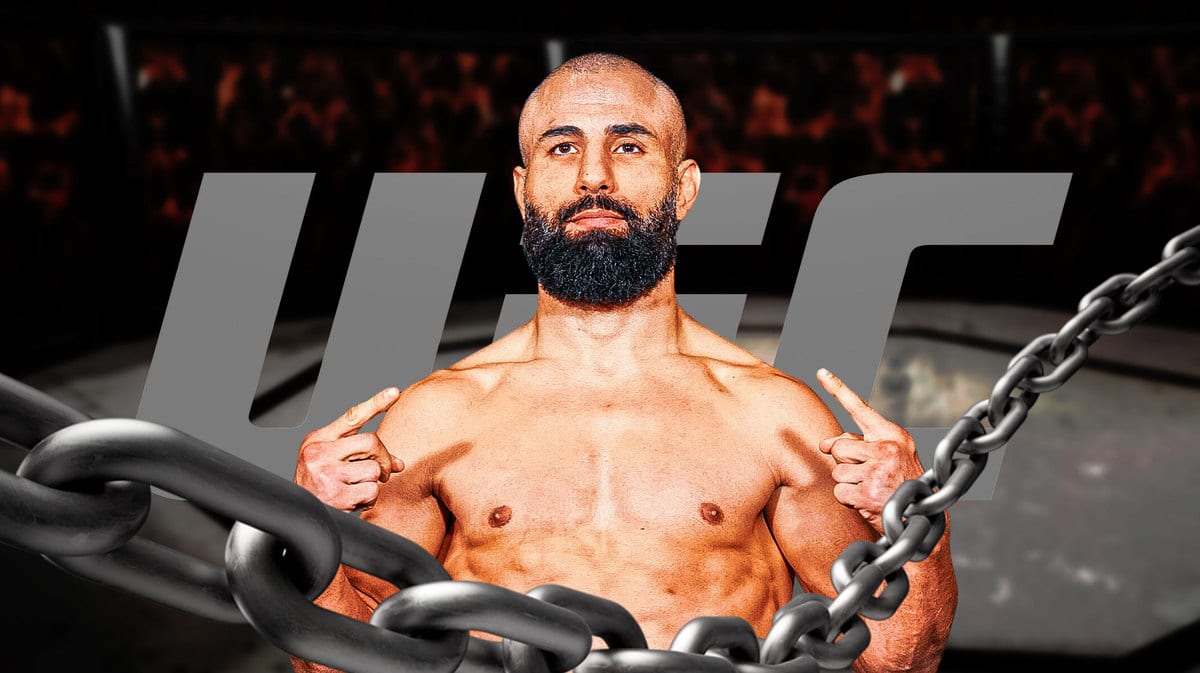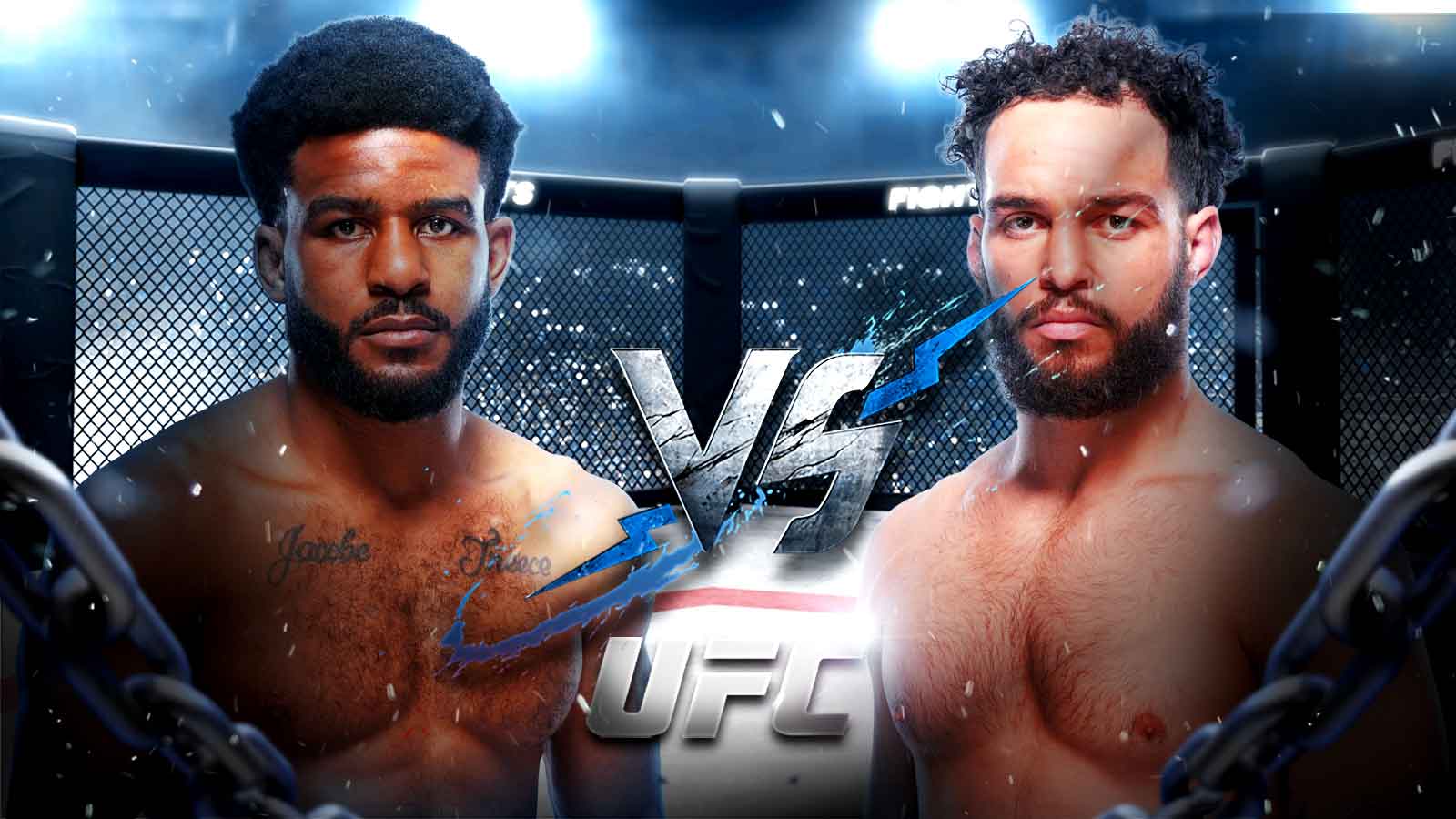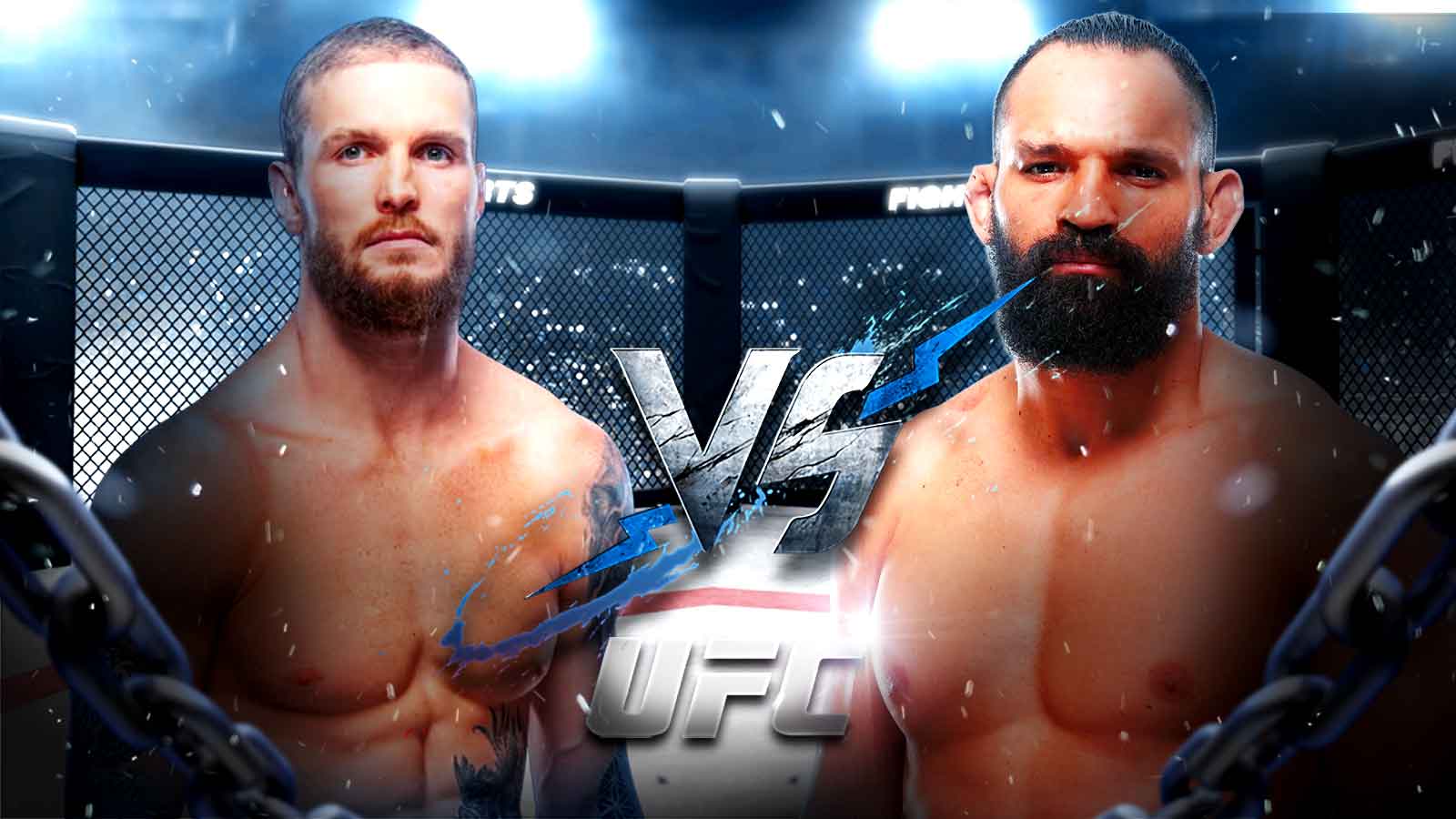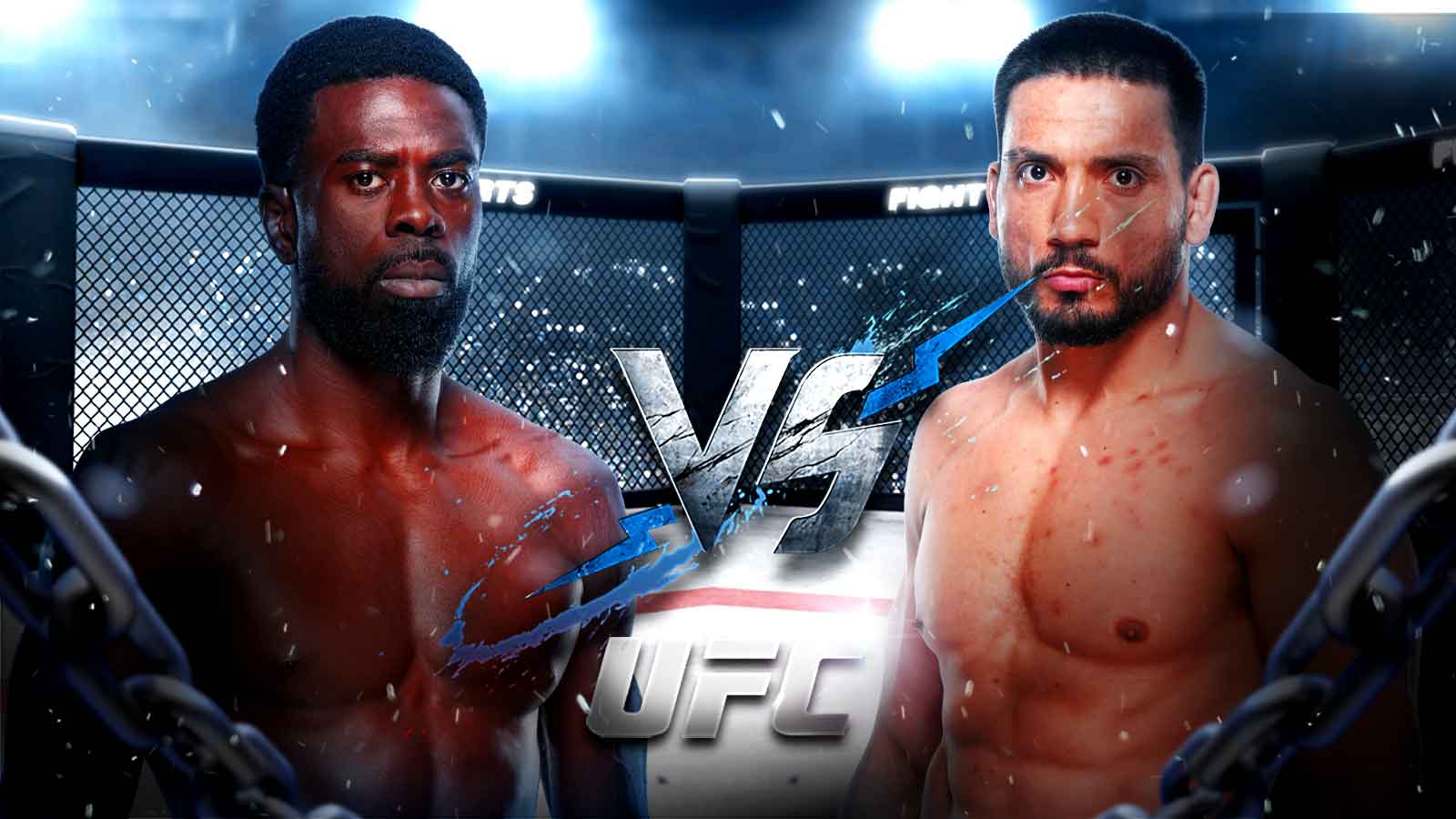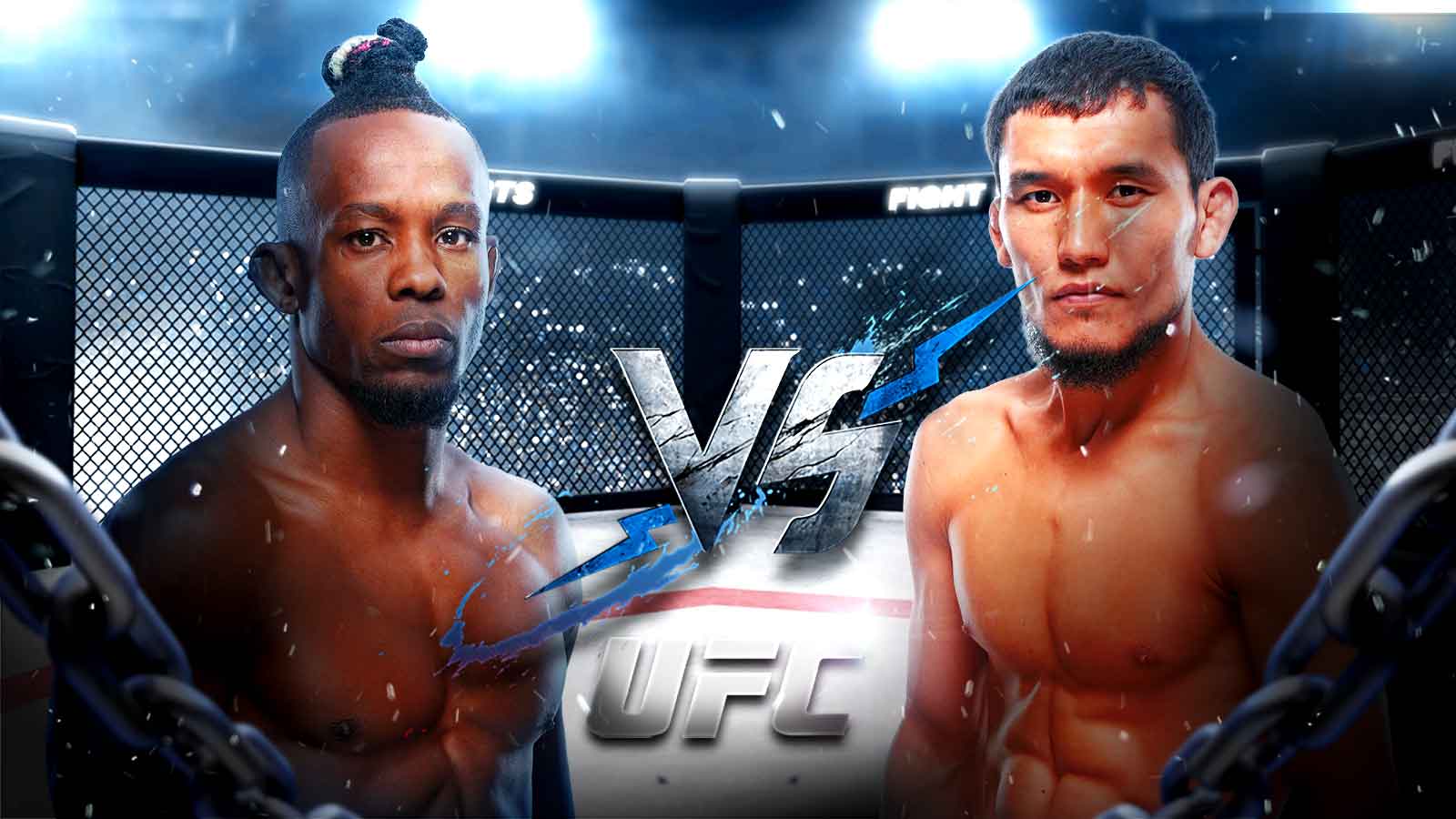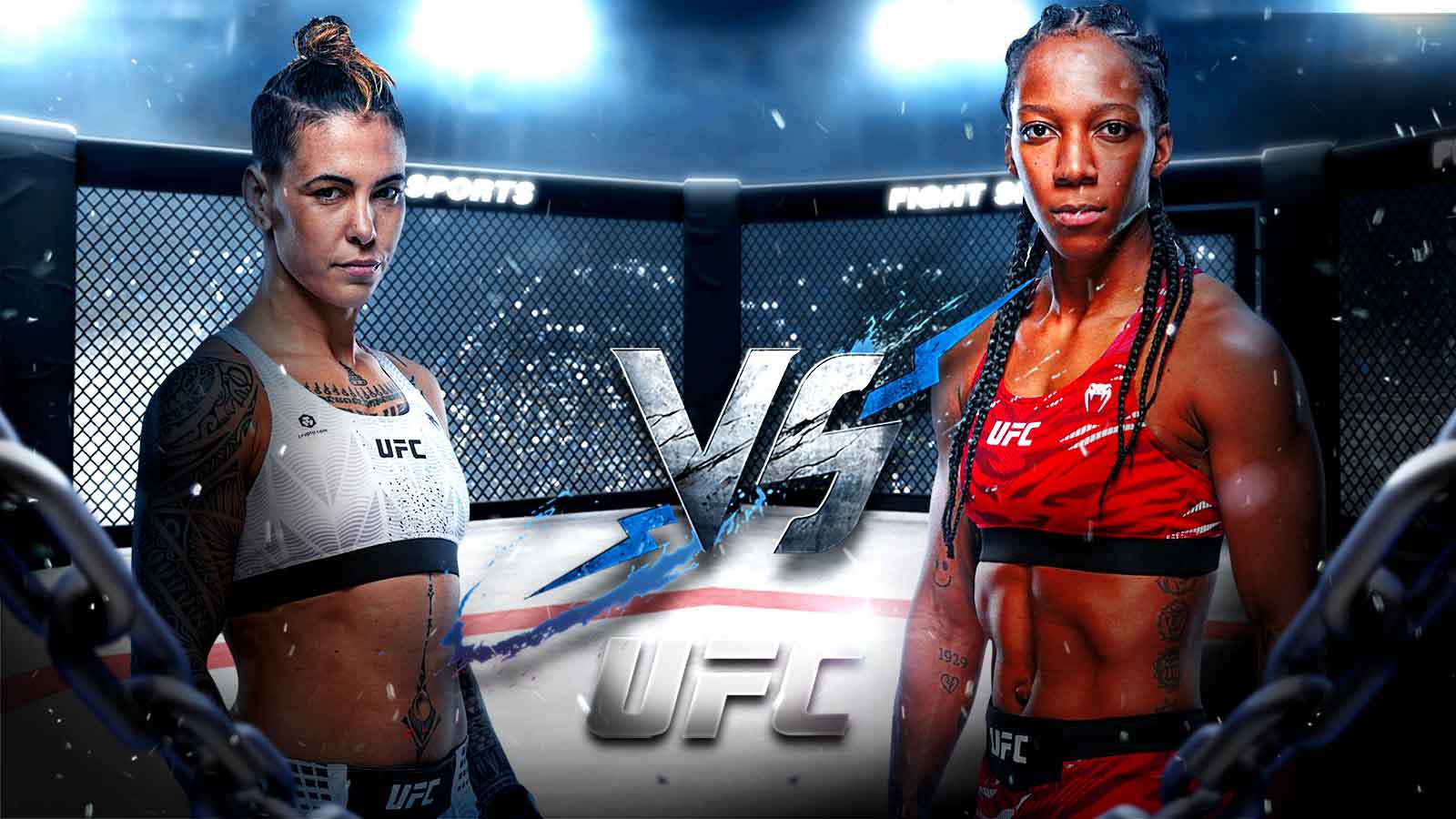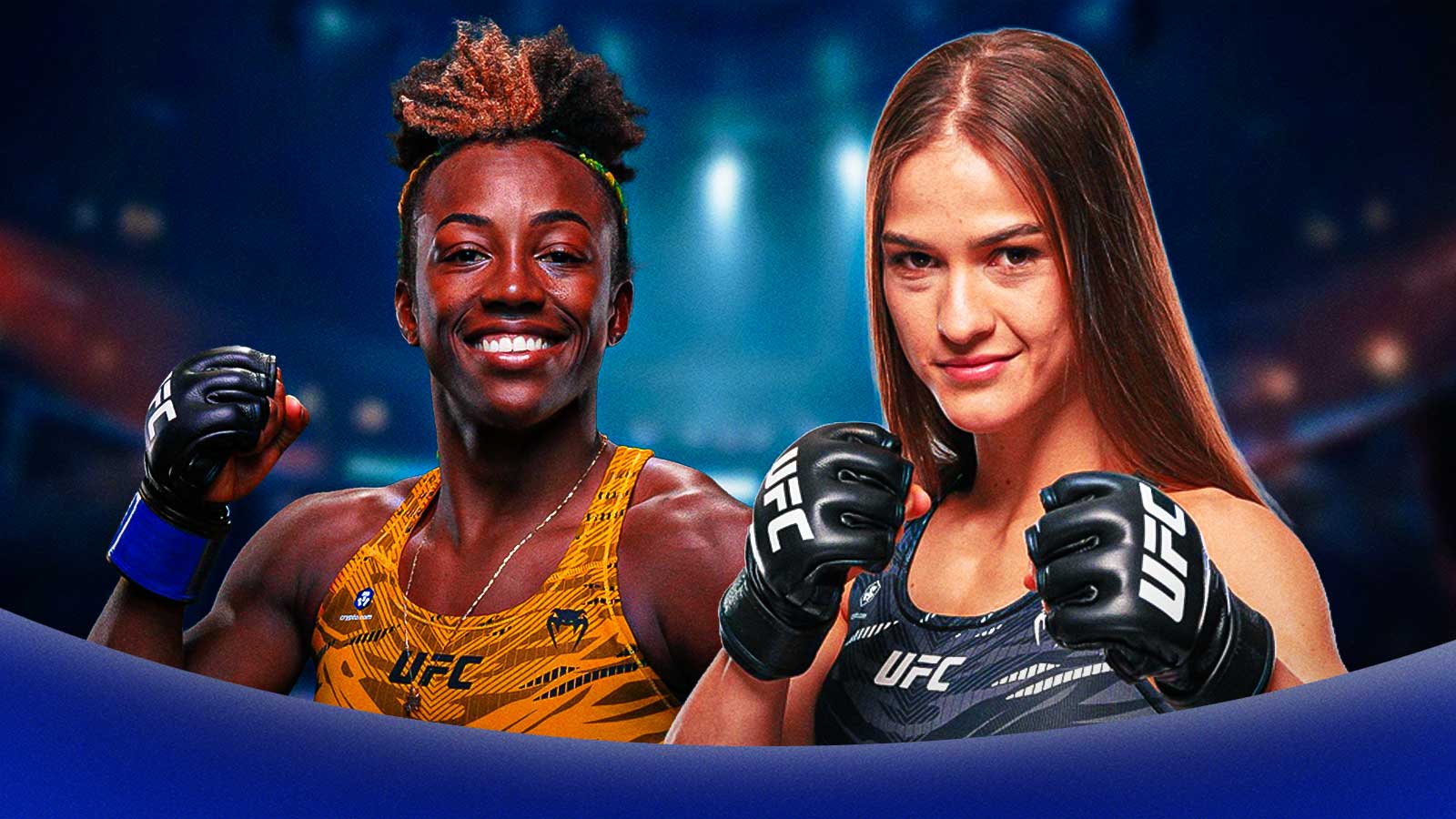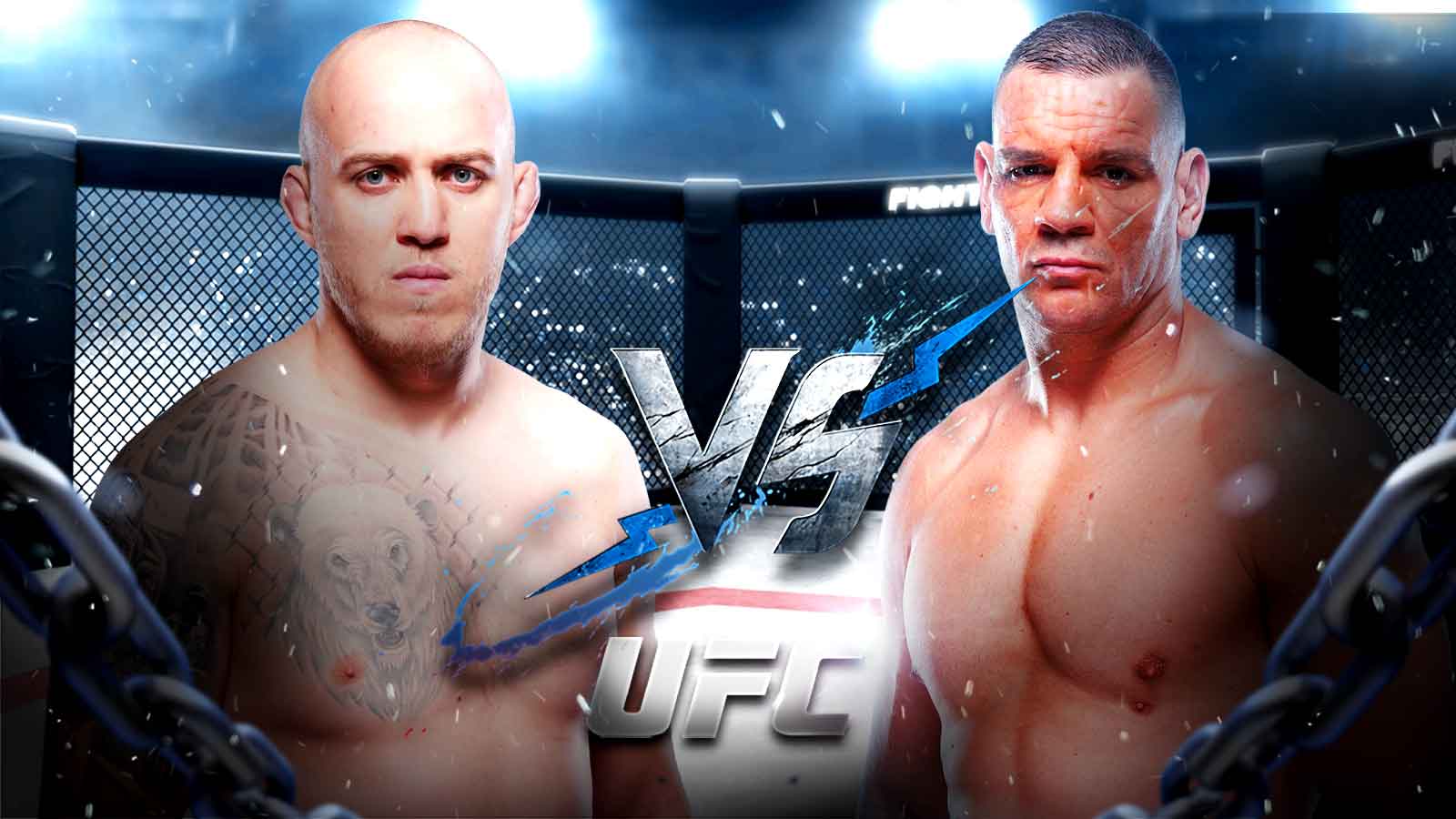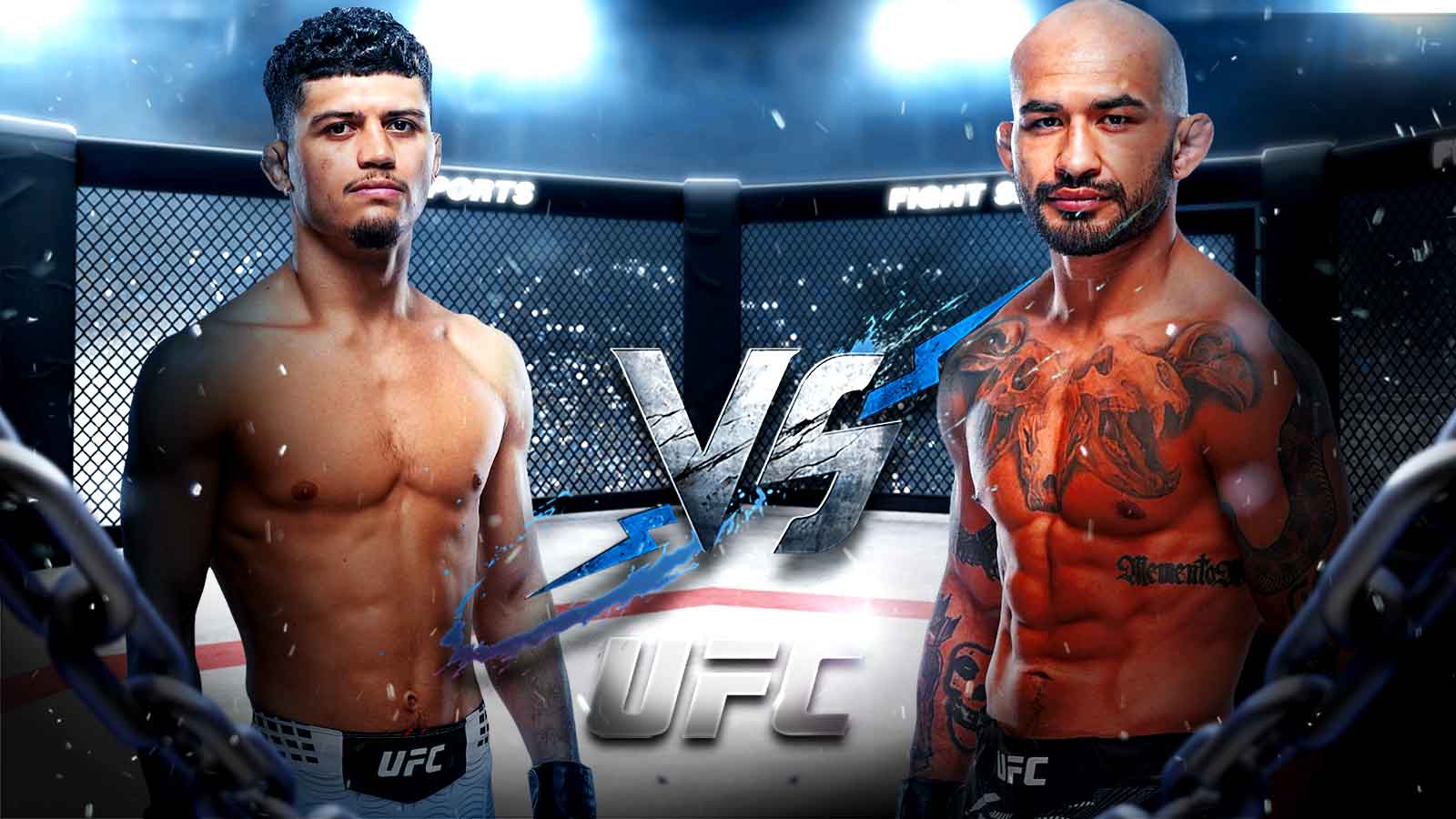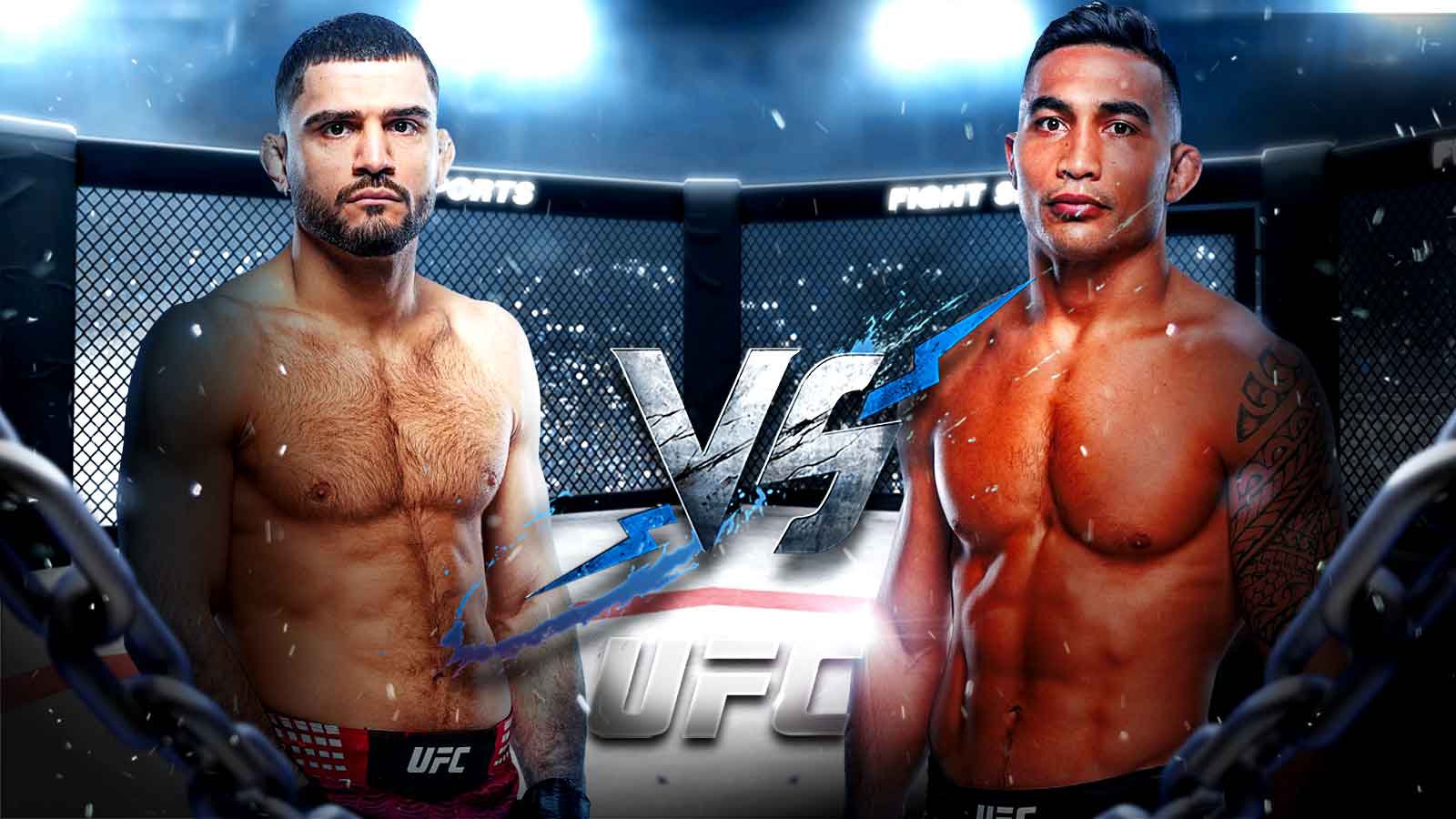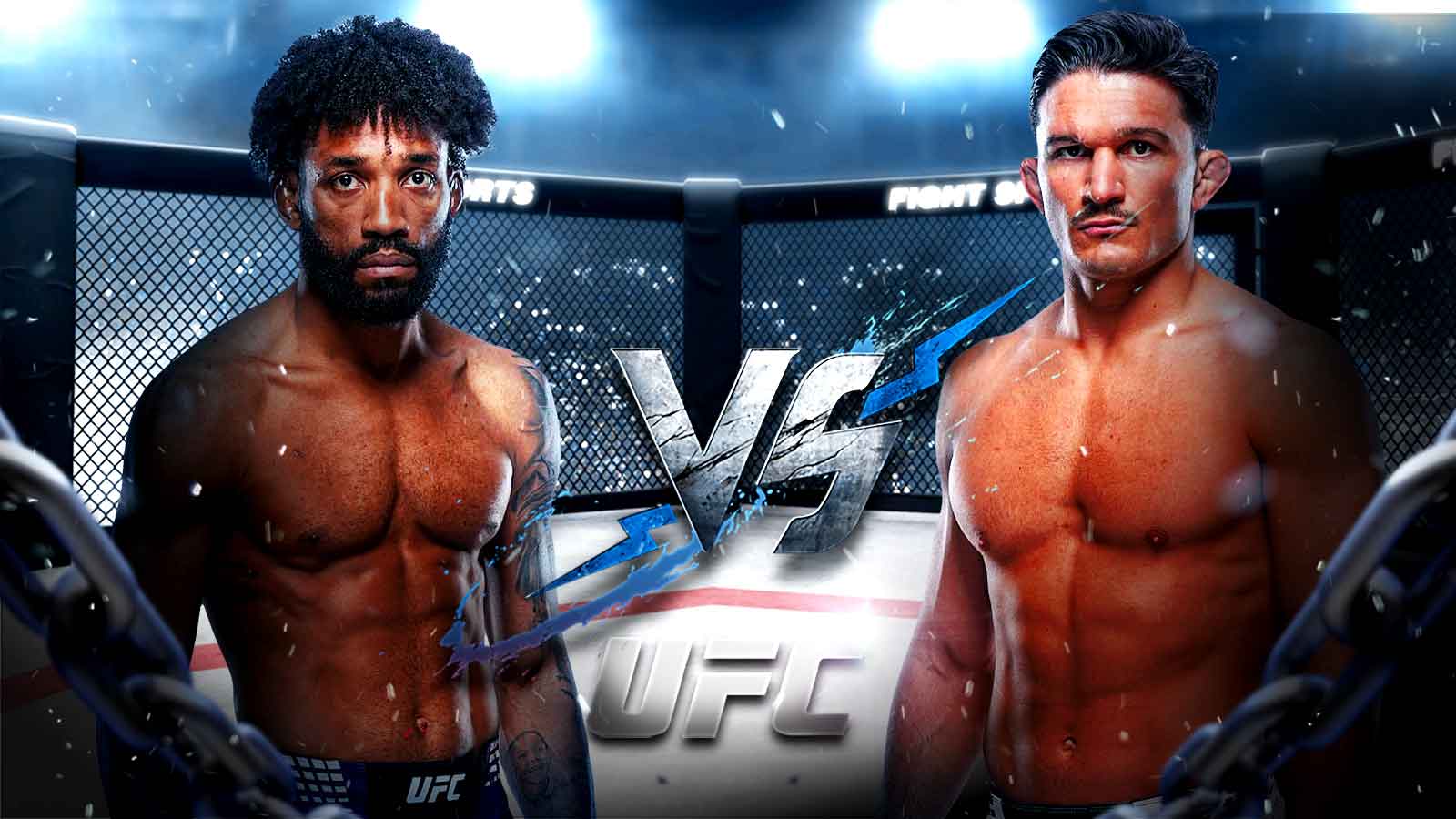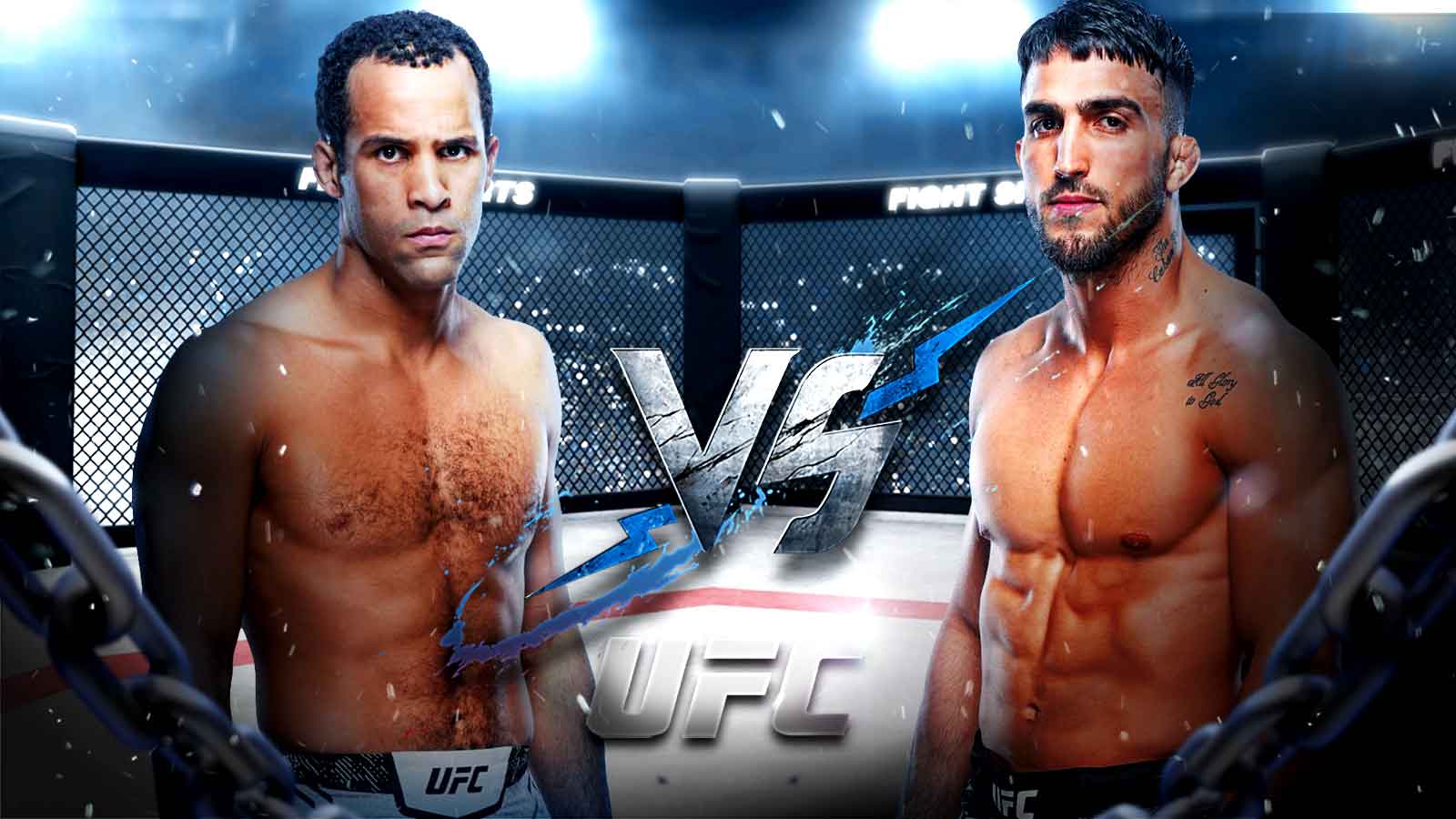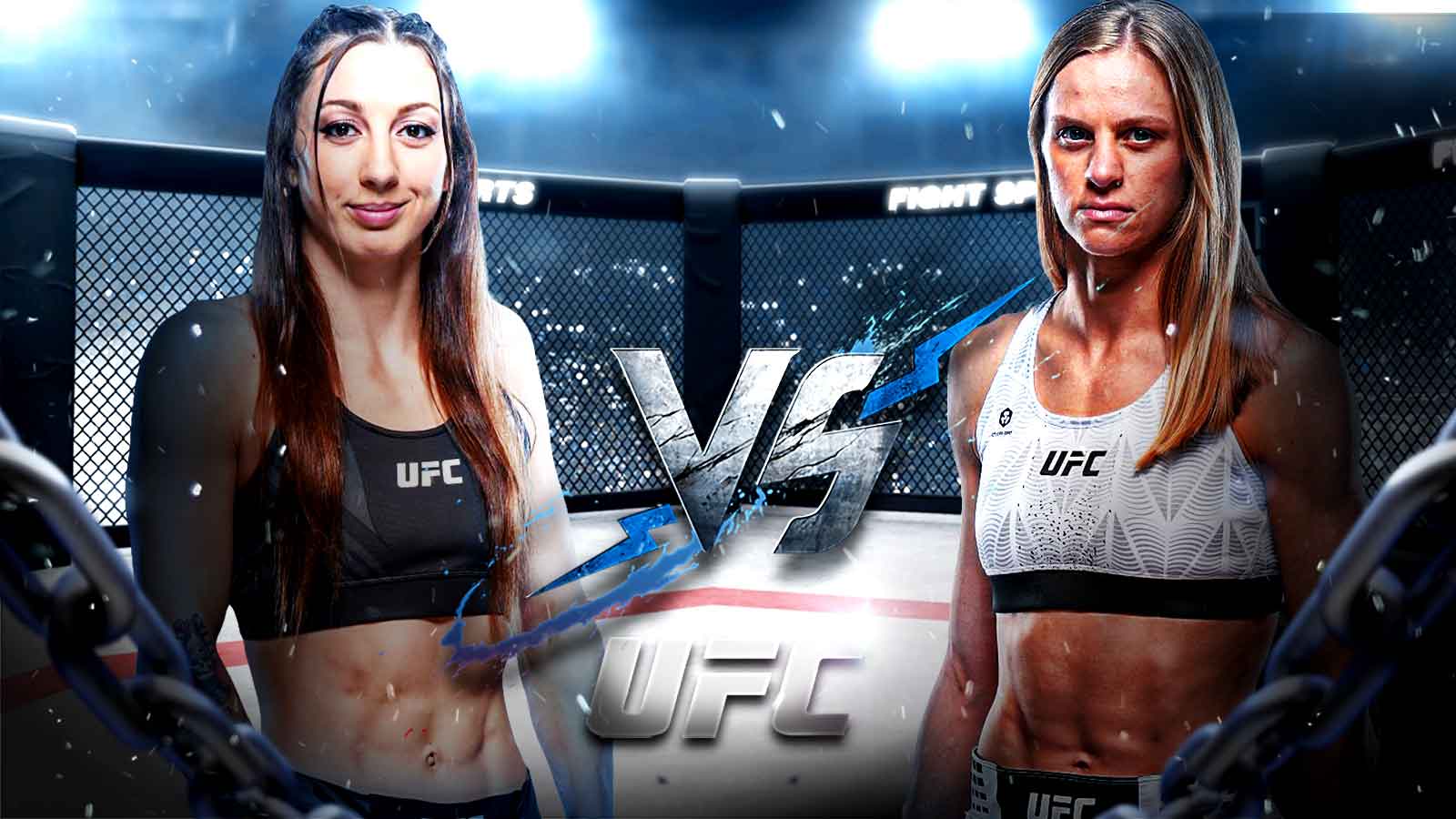Mixed Martial Arts has risen to become one of the most popular and lucrative sports in the world, captivating millions of fans with its raw and unfiltered display of combat. However, behind the bright lights and glory lies a much darker side that often goes unnoticed by the public. The physical and mental toll that fighters endure, the ethical concerns surrounding the sport, and the long-term health effects are just some of the issues that plague MMA.
In this exclusive editorial, we delve into the dark side of MMA, shining a light on the aspects that fight fans do not see. We are privileged to have an in-depth interview with veteran UFC fighter John Makdessi, who will provide a candid and unfiltered perspective on the hidden realities of MMA. From the physical and emotional challenges to the sacrifices and struggles, Makdessi's insights promise to offer a rare glimpse into the underbelly of the sport. It's time to uncover the truth behind the glitz and glamour of MMA and confront the harsh realities that lurk in the shadows.
John Makdessi's early career
John Makdessi comes from an immigrant family where his mother and father immigrated from Lebanon to Montreal, Quebec, Canada where he was born and grew up. He didn't have a privileged upbringing when he grew up, as both of his parents worked hard to put food on the table for him and his siblings. Makdessi was never given anything in life but he was taught that he needed to work hard to be rewarded anything in life. You could see that work ethic as an MMA fighter, as Makdessi would do what he was told and not make a big fuss or ask any questions which ultimately may have been the downfall towards the end of his UFC career.
John Makdessi has been a professional MMA fighter for the last 15 years of his life when he turned pro at the age of 23 years old. While that may seem like a long time, he's been competing in combat sports for far longer than that when he started taking Taekwondo classes at the tender age of six years old. From there, Makdessi progressed to kickboxing and then finally to MMA when he started training at Tristar MMA with well-renowned head coach Firas Zahabi.
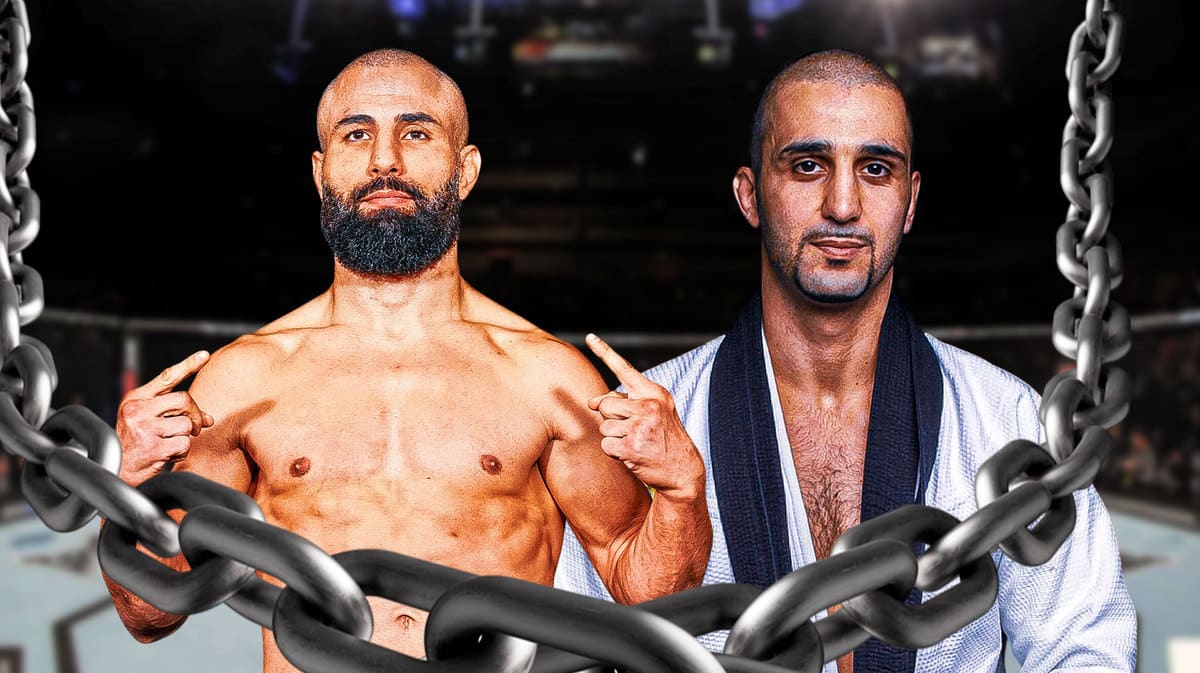
Makdessi has given a lot of praise to Zahabi for helping him throughout his entire MMA career.
“I am a very good friend of Firas Zhabi, we keep a good friendship, he's a good guy. He understands fighting. There are some people who really care about the fighters, who don't care about your money and Firas Zahabi was one of them.”
He goes on to tell us that Zahabi was more about helping his fighters succeed than he was about getting rich off of his fighter's success. It's been known that head coaches and the gym will take a good chunk from their fighter's pay for assisting them during their fight camp leading up to their fight. Makdessi and Zahabi however built a bond and friendship that was more than just about making money but becoming a world champion.
MMA Managers and Gyms are criminals
It's been well-documented that MMA managers and gyms take a healthy percentage of a fighter's pay. Makdessi said that his previous manager would take 10% of his paycheck regardless if he won or lost and what the amount was. This is the reason why Makdessi went into his last fight on his contract with UFC without a manager. That particularly may have not been the best move because of those circumstances he took a fight that he normally would never take in a part of the world he has never fought in when he fought Jamie Mullarkey in his backyard in Australia at UFC 293.
Makdessi believed with his back against the wall he was in a lose-lose situation as he came into his last fight with the UFC, “What really bothered me, was Sean Shelby was like ‘Don't worry, win or lose if you perform well we'll resign you'. Deep down inside they weren't going to ever resign me. So they kind of tricked me to take that fight.”
Makdessi also goes on about how MMA gyms are just out there to get money out of these fighters but not particularly there to help them succeed. He left Canada and moved to Arizona as a fresh start and moved gyms from Tristar MMA to Fight Ready MMA with head coach Santino Defranco and striking coach Eddie Cha to go along with UFC fighters Henry Cejudo, Deiveson Figueiredo, and Kelvin Gastelum to name few.

Makdessi expressed, “Gyms and trainers, they take so much money from the fighters. It's ridiculous, it doesn't make any sense. So I go to Fight Ready and they ended up charging me 10% where in my whole career, I've never gotten charged 10%. Across the board, gyms usually take 5% commission but here's the thing, I am a UFC veteran, I'm coming to the gym and I'm only there 8 weeks, 10 weeks, and you want 10%? I just didn't think that was fair.”
He was only thought to be out there training for about six weeks or so but Fight Ready MMA was still charging the 10% fee as if he's a full-time fighter for them. Makdessi is certainly against this especially if you're training with a room full of MMA fighters and not getting the one-on-one attention you should receive for that type of pay. It is a major downside to fighters who are looking to improve their skills and get better because the bigger the gym the more money it's going to cost. This is a big reason why a lot of fighters stick with their smaller MMA gyms and do not elect to move to one of the premier gyms to avoid a huge expense.
Financial Struggles
It's been a hot topic of discussion when it comes to fighter pay with combat sports athletes, especially MMA fighters. MMA fighters, UFC fighters, in particular, have been getting the short end of the stick when it comes to their paycheck. There have been reports that show how the UFC stacks up to other professional sports like the NFL, MLB, NHL, etc.
The UFC is giving out just about 16% of its revenue to the fighters. As of November 2023, the UFC has already reported revenues of $611.9 Million, and with 16% of that going to the fighters they have paid out just an estimated $97.9 Million thus far this year.
Percentage of revenue given to athletes by each league:
MLB = 54%
NBA = 50%
NHL = 50%
NFL = 48%
_______
PGA Tour = 27%
_______
UFC = 16%
Tennis (US Open) = 14%— Joe Pompliano (@JoePompliano) October 1, 2020
Most fighters aren't making livable wages even though they are considered a professional athlete. We've numerous instances where fighters have to supplement their pay with a second job. Most recently, UFC women's bantamweight fighter Ailin Perez revealed that she only made $12,000 to win and $12,000 to show making just $24,000 in her last fight but claims she has made more on OnlyFans than she has as a UFC fighter.
John Makdessi's UFC salary was abysmal
As for Makdessi, he has been recently vocal about his pay when he posted on his social media regarding the paycheck he received after his controversial loss to Jamie Mullarkey at UFC 293.
John Makdessi has shared details regarding his pay for #UFC293
Australian tax is toughhhhhh 😬 pic.twitter.com/pXZjKBu4rO
— MMA Orbit (@mma_orbit) September 14, 2023
Makdessi was given a base salary of just $58,000 which isn't a whole lot when he's been fighting for the UFC for 13 years which consisted of 20 fights. After all of the deductions which include airfare, medical bills, and foreign federal tax for fighting in Australia it left him with just $28,461.65 and that was before he had to give 10% to his coach and gym.
He also talks about how there is a lot behind the scenes that people don't see. He had to pay for a plane ticket for one of his cornermen since the UFC will only pay for two to help corner a fighter. Makdessi also had to foot out added expenses for an extra hotel room for his corner to be accommodated, their per diem for their meals, and added expenses to head out there two weeks in advance to get acclimated to the time zone. There's more to a fighter's pay than what's on their paycheck, the added expenses that come from being a professional fighter take their toll on a fighter's pay.
Being a UFC fighter doesn't seem like it's not all it's cracked up to be. On social media, we see all the glitz and glamour but never really the trials and tribulations of a fighter. The struggle to make it to the top, the struggle to maintain it when you finally do make it, and the struggle to be a full-time professional fighter. John Makdessi opened up showing what the fans and outsiders haven't seen as he tries to shine a light on what he considers to be ‘The Dark Side of MMA'.

